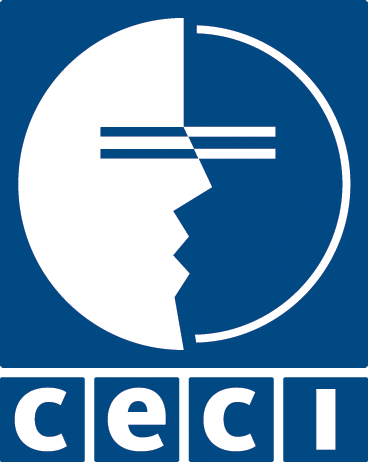In Senegal, the impacts of climate change considerably increase the vulnerability of the rural populations that depend heavily on agriculture. Agricultural producers, especially women and youth, have long faced difficulties in accessing land, water, technologies, innovative infrastructure and financial resources. Now, they also face increasingly frequent extreme climate events (rising temperatures, soil erosion, intensity/scarcity of rains), which affect their production and threaten their already frail social and economic stability.
In response to these challenges, the FAR project (Resilient Agriculture and Women) aims to improve the well-being and resilience of farming households in the face of climate change in the regions of Kolda, Sédhiou and Tambacounda, through the sustainable intensification of irrigated crops of rice, banana and vegetables.
Transforming Relations Between Men and Women and Between Age Groups
Through its activities, the FAR project engages women and youth within the targeted agricultural sectors to increase their socio-economic empowerment by reducing the obstacles that prevent them from achieving their full potential: gender relations, leadership development, power to decide and control over resources. Thanks to a training program, consulting services and radio awareness campaigns on these key issues, women and youth can build confidence and become better equipped to defend and exercise their rights. The technical and entrepreneurial capacities of women and young producers are also reinforced through practical training where special attention is paid to the use of innovative production methods adapted to climate change (adapted varieties, technical itineraries, short cycle seeds, and more). In addition, the project’s team collaborates with local universities and financial institutions to implement new practices that facilitate women’s and youth’s access to information, innovation and credit.
Producing, Communicating and Using Reliable Climate Information
The FAR project works with the organizations responsible for climate services in Senegal (ANACIM, UCAD and CSE) to help them produce and communicate the reliable information that producers need in order to adapt their practices and reduce their vulnerability to climate risks. Scientific and local knowledge are used jointly to identify and implement the adaptation measures necessary to allow for the various targeted sectors to increase their profitability and resilience. Meanwhile, the capacity-building activities for farmers’ organizations and economic interest groups improve the service offering to their members. They also facilitate their access to land and water, production inputs, financing as well as climate-resilient economic opportunities identified within the various sectors, all essential factors to increase revenue. The project also includes capacity building for two Senegalese universities (UCAD and UASZ) so that they can offer training programs in climate information beyond the project.
Improving Local Governance and Territorial Water Management
Several obstacles currently limit the producers’ access to water: inadequate management of this resource, dilapidated boreholes and reduced flow of the Gambia River. In order to respond to these challenges, the project supports stakeholders (Senegal’s Hydraulic Resources Planning and Management Direction and its regional brigades, consultation frameworks on the integrated management of water, farmers’ organization and economic interest groups partners of the project, etc.) to actively participate in the process of drawing up water management plans in the targeted areas, taking into account the climate risks and promoting the participation of women and youth. The project facilitates the communication of information on water resources to the public, especially through partnerships with rural radio programs.
Contribute to the success of this project - Donate!
Project Figures
3,000 people (50% women) trained on their rights, leadership, and intergenerational and gender relations
100,000 people reached through 6 awareness campaigns on the issues of gender and generational inequalities
4,000 people (50% women) trained in entrepreneurship, farm management and climate-smart practices
25 experts from national partners trained to produce and communicate reliable climate data, in addition to local knowledge
400 people trained in sustainable and fair water management
Proyectos
Presencia
El CECI
Implicarse
Informarse
Donar
Contáctenos
Enlaces externos





